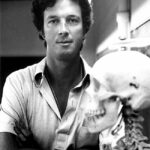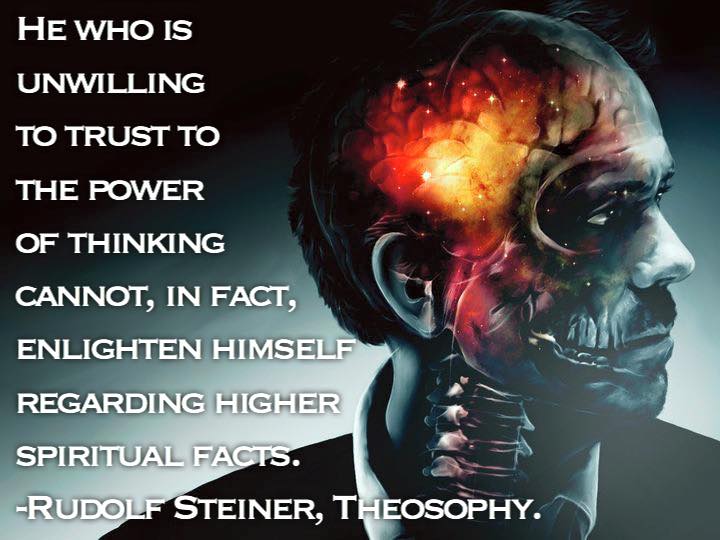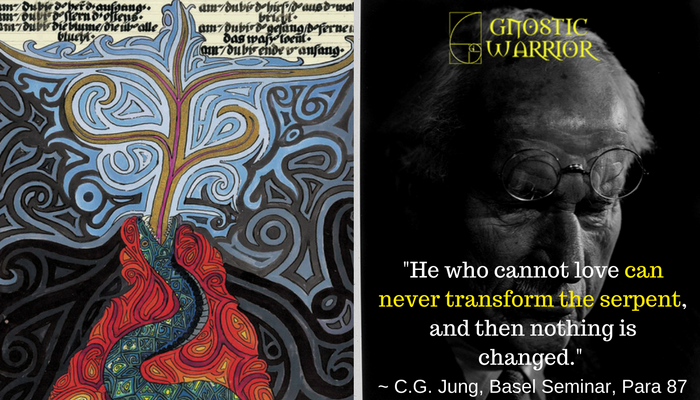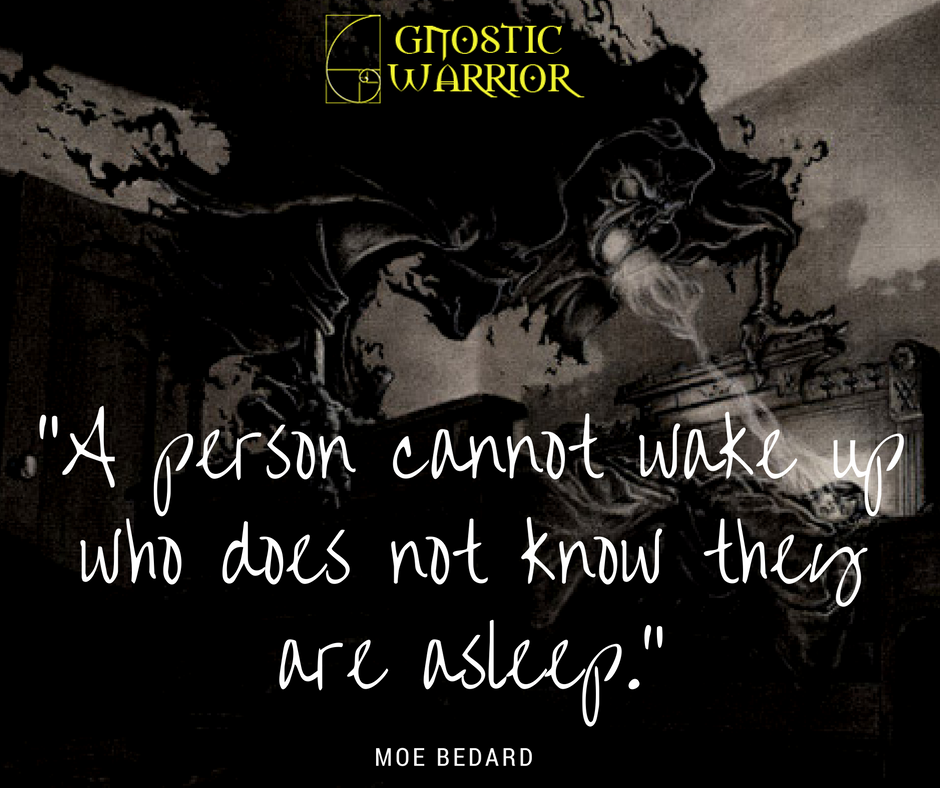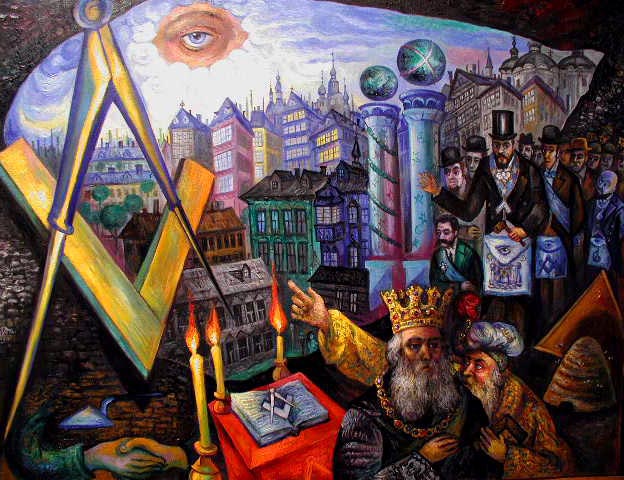The prevalence of fake news, biased reporting, and sensationalism has created an environment where it can be challenging to separate fact from fiction.
The Gell-Mann Amnesia Effect is a fascinating phenomenon that sheds light on the way our brains process information and the inherent biases that can cloud our judgment.
Coined by the acclaimed late author and filmmaker Michael Crichton (1942-2008), this effect refers to the tendency of individuals to mistrust the accuracy and reliability of news and information in areas they are not familiar with, while simultaneously accepting and trusting news in areas they are knowledgeable about.
Here is an excerpt from a talk by Michael Crichton and I quote;
“Media carries with it a credibility that is totally undeserved. You have all experienced this, in what I call the Murray Gell-Mann Amnesia effect. (I refer to it by this name because I once discussed it with Murray Gell-Mann, and by dropping a famous name I imply a greater importance to myself, and to the effect, than it would otherwise have.)
Briefly stated, the Gell-Mann Amnesia effect is as follows. You open the newspaper to an article on some subject you know well. In Murray’s case, physics. In mine, show business. You read the article and see the journalist has absolutely no understanding of either the facts or the issues.”
Chrichton says, “Often, the article is so wrong it actually presents the story backward—reversing cause and effect. I call these the “wet streets cause rain” stories. Paper’s full of them.
In any case, you read with exasperation or amusement the multiple errors in a story, and then turn the page to national or international affairs, and read as if the rest of the newspaper was somehow more accurate about Palestine than the baloney you just read. You turn the page, and forget what you know.
That is the Gell-Mann Amnesia effect.
I’d point out that it does not operate in other arenas of life.
In ordinary life, if somebody consistently exaggerates or lies to you, you soon discount everything they say.
In court, there is the legal doctrine of falsus in uno, falsus in omnibus, which means untruthful in one part, untruthful in all. But when it comes to the media, we believe against evidence that it is probably worth our time to read other parts of the paper.
When, in fact, it almost certainly isn’t.
Chrichton said, “The only possible explanation for our behavior is amnesia.”
At first glance, this may seem counterintuitive. Why would we doubt information in one domain but not in another?
The answer lies in our cognitive abilities and the vast amount of information we encounter on a daily basis. Our brains are efficient machines that constantly filter and process information to make sense of the world around us.
However, this filtering process is not foolproof, and biases can seep in.
When it comes to subjects we are knowledgeable about, we have a mental framework or schema that helps us evaluate information critically. We can identify logical fallacies, inconsistencies, or biases in the news because we have a solid foundation of understanding.
This leads to a healthy skepticism and a higher level of scrutiny.
On the other hand, when we encounter news in unfamiliar areas, we lack the same level of expertise and schema to evaluate its accuracy.
Our brains tend to rely on heuristics, mental shortcuts that help us make quick judgments. We may be more susceptible to cognitive biases, such as confirmation bias or the availability heuristic, which can cloud our judgment and lead us to accept information without critical evaluation.
MEDIA TECHNIQUES AND MANIPULATION
The media plays a significant role in shaping public opinion and influencing our perception of the world. However, it is important to be aware of the techniques used in the media that can manipulate our perception.
One common technique is selective reporting, where certain facts or information are intentionally omitted to create a biased narrative. This can be done by cherry-picking quotes, using out-of-context soundbites, or focusing on a single perspective while ignoring others.
By presenting a skewed version of events, the media can sway public opinion in a particular direction.
Another technique is sensationalism, which involves exaggerating or sensationalizing stories to grab attention. This can be done through the use of dramatic headlines, provocative images, or emotionally charged language.
Sensationalism can distort the true significance of an event and create a heightened sense of fear or urgency.
Confirmation bias is also prevalent in the media, where journalists and news outlets tend to favor information that confirms their preexisting beliefs or assumptions.
This can lead to a one-sided presentation of facts and limit the audience’s understanding of complex issues.
Furthermore, the media often relies on framing to shape how a story is presented. By emphasizing certain aspects or using specific language, they can influence how the audience perceives the subject matter.
For example, a story framed as a “war on drugs” will evoke different emotions and reactions compared to a story framed as a “public health crisis.”
Lastly, the media can utilize the power of repetition to reinforce certain narratives or ideas.
By consistently presenting information in a certain way, it can become ingrained in our minds and shape our perception of reality, even if it may not be entirely accurate.
Understanding these techniques can help us approach news consumption with a critical eye. By being aware of the potential manipulation tactics used in the media, we can seek out alternative sources, fact-check information, and form a more well-rounded and informed perspective.
HOW THE MEDIA SHAPES PUBLIC OPINION
The media plays a critical role in shaping public opinion.
It has the power to influence how we perceive events, issues, and even individuals. As consumers of news, we often rely on media outlets to provide us with accurate and unbiased information. However, it is essential to recognize that the media is not immune to bias or errors.
One aspect that contributes to the shaping of public opinion is the selection and presentation of news stories. Editors and journalists have the responsibility of deciding which stories to cover and how to present them. This selection process can be influenced by various factors, including editorial bias, corporate interests, and the pursuit of higher ratings or readership.
BIASED INFORMATION OR CHERRY PICKED STORIES
The impact of biased reporting and cherry-picked information
Biased reporting and cherry-picked information have a significant impact on our perception of the news and our ability to trust it. It is unfortunate that in today’s media landscape, sensationalism and the pursuit of ratings often take precedence over objective reporting.
When news outlets present information in a biased manner, it skews our understanding of events and issues.
Whether it is through selective reporting, omitting crucial facts, or presenting information out of context, biased reporting can manipulate public opinion and reinforce existing biases. This can lead to a distorted view of reality, where certain perspectives are amplified while others are marginalized or ignored.
Cherry-picking information is another tactic that erodes trust in the news. By selectively choosing facts and data that support a particular narrative or agenda, media outlets can shape public opinion in a desired direction.
This can be done by emphasizing certain statistics or anecdotes while downplaying or disregarding contradictory evidence. The result is a distorted representation of the truth, leaving readers and viewers with a skewed understanding of the issues at hand.
The impact of biased reporting and cherry-picked information goes beyond just shaping public opinion. It can also have real-world consequences. When people are misled or misinformed, it becomes challenging to make informed decisions or engage in constructive dialogue. It breeds polarization, distrust, and further widens the gaps between different groups in society.
FRAMING NEWS STORIES
Another factor to consider is the framing of news stories. The way a story is presented can significantly impact how it is perceived by the audience. The choice of words, images, and the overall tone can shape our understanding and interpretation of the events being reported.
FAKE OR CONTROLLED EXPERTS
Furthermore, the media often relies on expert opinions and sources for their stories. While experts can provide valuable insights, it is crucial to question their credibility and potential biases. Not all experts have the same level of knowledge or objectivity, and their views can be influenced by personal or professional affiliations.
CONFIRMATION BIAS
Confirmation bias plays a significant role in how we consume news and can contribute to the Gell-Mann Amnesia Effect. This cognitive bias refers to our tendency to seek out and believe information that confirms our preexisting beliefs while dismissing or discounting information that contradicts them.
When it comes to consuming news, confirmation bias can lead us to selectively choose sources that align with our perspectives and ideologies. We are more likely to trust and accept information that reinforces our existing beliefs, while being skeptical or dismissive of information that challenges them. This bias can create an echo chamber effect, where we surround ourselves with like-minded individuals and sources that reinforce our worldview.
In the era of social media and personalized news algorithms, confirmation bias can be amplified. Algorithms are designed to show us content that aligns with our interests and preferences, creating a bubble of information that reinforces our existing beliefs. This can lead to a distorted perception of reality, as we are shielded from diverse perspectives and alternative viewpoints.
It is important to be aware of our own confirmation bias when consuming news. By actively seeking out diverse perspectives and challenging our own beliefs, we can mitigate the effects of confirmation bias and gain a more balanced understanding of the world. Engaging with sources that present different viewpoints and fact-checking information before accepting it as truth can help us navigate the complex landscape of news consumption.
Ultimately, understanding the role of confirmation bias in consuming news is crucial in combating the Gell-Mann Amnesia Effect and fostering a more informed and critical mindset.
USE DISCERNMENT AND CRITICAL THINKING
Essentially, the Gell-Mann Amnesia Effect refers to our tendency to believe the news in areas we are not knowledgeable about, despite recognizing the inaccuracies and biases in the news stories we are intimately familiar with.
This bias can lead us to fall victim to misinformation and propaganda, perpetuating false narratives and distorting our understanding of the world.
To combat this effect, we must nurture our critical thinking skills. It involves questioning the information presented to us, evaluating the credibility and sources, and seeking multiple perspectives to form a well-rounded understanding. By being skeptical and curious, we can avoid blindly accepting everything we encounter in the media.
Moreover, media literacy plays a significant role in navigating the vast landscape of news sources. It encompasses the ability to analyze and evaluate media messages, understand the techniques used to shape narratives, and discern reliable sources from unreliable ones. Developing media literacy empowers us to make informed judgments and enables us to differentiate between fact and opinion.
Educational institutions, community organizations, and individuals themselves have a responsibility to promote critical thinking and media literacy. Teaching these skills equips individuals with the tools necessary to navigate the complex media landscape and make informed decisions.
CONCLUSION
The Gell-Mann Amnesia Effect highlights the importance of being aware of our cognitive biases and the limitations of our own knowledge. It reminds us that we cannot blindly trust everything we read or hear, regardless of the source.
By understanding misinformation and its effect on the human mind, we can become more discerning consumers of news, actively seeking multiple perspectives, fact-checking information, and being open to updating our beliefs based on new evidence.
By engaging in respectful conversations, we can challenge our own assumptions, learn from others’ perspectives, and refine our own understanding of complex issues. We can actively seek out diverse perspectives, question the information presented, and form our own well-informed opinions.
In an age where misinformation abounds, these skills are essential in ensuring that we can trust the news and make sense of the world around us.
Ultimately, being informed or knowledgable of news means developing a critical mindset and adopting certain strategies to evaluate the information presented to us with a healthy dose of skepticism and engage in critical thinking.
Only then can we we combat the Gell-Mann Amnesia Effect to navigate the complex landscape of news and information, making informed decisions and forming well-rounded opinions.
SOURCES:
A talk by Michael Crichton (R.I.P., 2008) International Leadership Forum, La Jolla 26 April 2002
http://geer.tinho.net/crichton.why.speculate.txt
Click to access WhySpeculate.pdf

Moe is the founder of GnosticWarrior.com. He is a father, husband, author, martial arts black belt, and an expert in Gnosticism, the occult, and esotericism.


